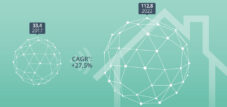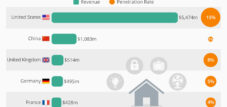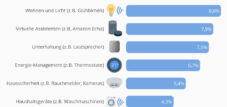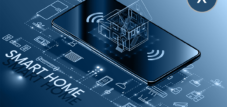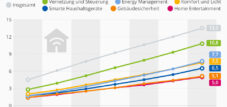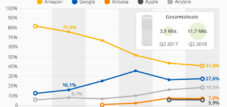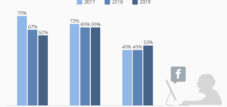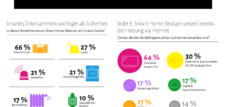The smart home
Language selection 📢
Published on: December 5, 2017 / update from: September 24, 2018 - Author: Konrad Wolfenstein
Not only are industrial machines increasingly networked with each other, automation is also becoming an issue for your own four walls. The survey institute Marketagent has now determined how Austrians feel about such “smart home” applications as part of the “Digital Business Trends” event series. There is great openness to technical innovations: more than half (51.9 percent) of those surveyed rate Smart Home positively. Only 14.6 percent reject it, around a third (33.6 percent) are neutral. Approval is higher among men and younger people than among women and older people.
The greatest advantage of home networking was cited by 52.3 percent of survey participants as the simplification of everyday life, followed by time savings (36 percent) and the ability to access home technology from anywhere via the Internet (32.5 percent). However, the latter in particular also raises concerns: 46.6 percent see the risk of hacker attacks as a disadvantage of such systems, only exceeded by the concern about becoming a “transparent customer” through the collection of personal data (48.8 percent). In addition, 45.6 percent fear that they will not be able to solve problems with the systems themselves.
The most frequently used smart home products are currently smart TVs (36.4 percent) and motion and smoke detectors (29.2 and 27.1 percent, respectively). When it comes to purchase intentions for the next three years, robot vacuum cleaners are ahead at 13.6 percent. The next places on the shopping list are intelligent lighting systems (12.7 percent) and automatic heating control (10 percent).






